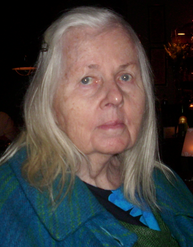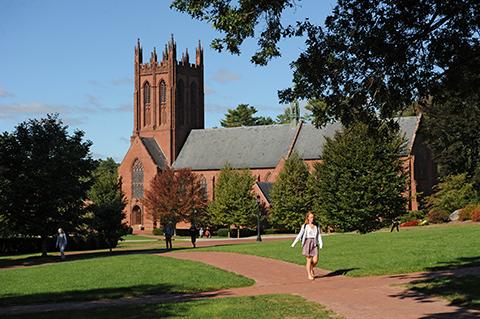
Jorie Blair Long:
2 March 1926—1 September 2017
My mother died today, at the age of 91. I want to say a bit about her life.
She was born in what to outside eyes would have looked like circumstances of privilege: her parents were affluent (her father was Deputy Governor of the Federal Reserve Bank of Chicago) and could afford to travel to destinations far less accessible in the 1930s than they are today (Hawaii, Fiji, Samoa, Australia, New Zealand). But her childhood was harrowing, dominated by a physically abusive older brother (who literally tried three times to kill her, by his own later admission) and emotionally abusive parents who treated her more like a “poor relation” than like a member of the family.
Despite her consistent A’s in schoolwork, her parents told her she was mentally deficient, nicknaming her “non compos mentis.” Her father was willing to pay for only two years of college for her, as this was all he thought girls needed. (He would happily have paid the full four years for her brother, had he been willing to go.) On her father’s deathbed, when he was no longer able to communicate, her mother stole her inheritance by literally forcing his hand to make an X on a new will, thus leaving my mother penniless and dependent.
My grandmother kept my mother at home for years as essentially a servant, convincing her that she was not competent to survive on her own. (She came to identify with the heroine of Now, Voyager.) Finally, at age 30, my mother gathered the courage to escape, driving to Los Angeles in a mix of fear, guilt, and elation. My mother soon found secretarial work and was able to support herself perfectly well. She also learned to fly an airplane.
In a few years she met and married the man who would become my father. Sadly, while on a business trip in Latin America he died in a plane crash, while I was still a baby. My mother was left to raise me on her own, which meant years of difficult financial struggle for her; at one point most of our possessions were sold for debt.
My mother was determined to raise me in as different a manner as possible from the way she had been raised. She treated me almost as an adult – discussing serious matters with me, and never censoring my reading. She also encouraged my intellectual interests; I couldn’t have been much more than five when she pasted the words “Cogito ergo sum” on my bathroom mirror and explained to me what they meant. It was around the same age that we debated the question whether everything that has a beginning has to have an ending: I said no, she said yes; I pointed to the series of numbers from zero to infinity, and she countered by telling me about the negative numbers.
My mother also taught me the importance of independence and thinking for oneself; I’m sure she’s a large part of the reason I became first a libertarian, and then a dissident within libertarianism.
Now that she’s gone, there’s no one – or no one I’m in touch with, anyway – who remembers me when I was a child. It feels strange.
While I was earning my graduate degree at Cornell, my mother was working there as an administrative assistant and taking courses on the side. Eventually she applied to become a full-time student, finishing her final two years of college and graduating at the age of 65. So there, granddad.
In the years since, the one thing my mother most wanted was to have a home – by which she meant a place large enough to have all her papers and letters unpacked and out, so that she could use them to write her memoirs. My greatest regret is that I was never able to provide this for her. I hope eventually to make up for this in part by writing some sort of biography of her, drawing on her papers plus whatever I can remember of her stories. I’m glad that I was at least able to provide her with comfort and companionship in her final years, and that while she was still able to travel I could take her on several trips to Europe.
She was a wonderful person, and a wonderful mother. She deserved better from life than she got. Farewell, dearest Mother. I miss you.



